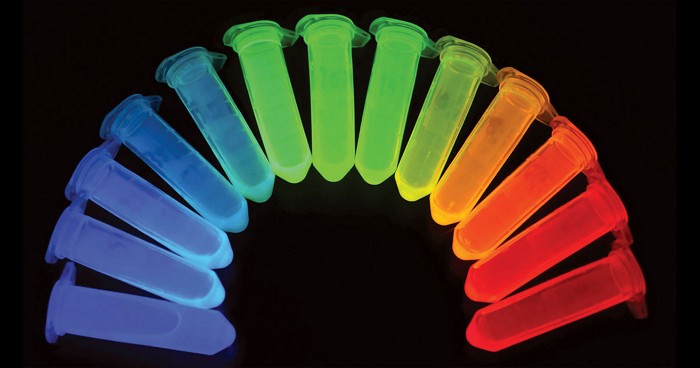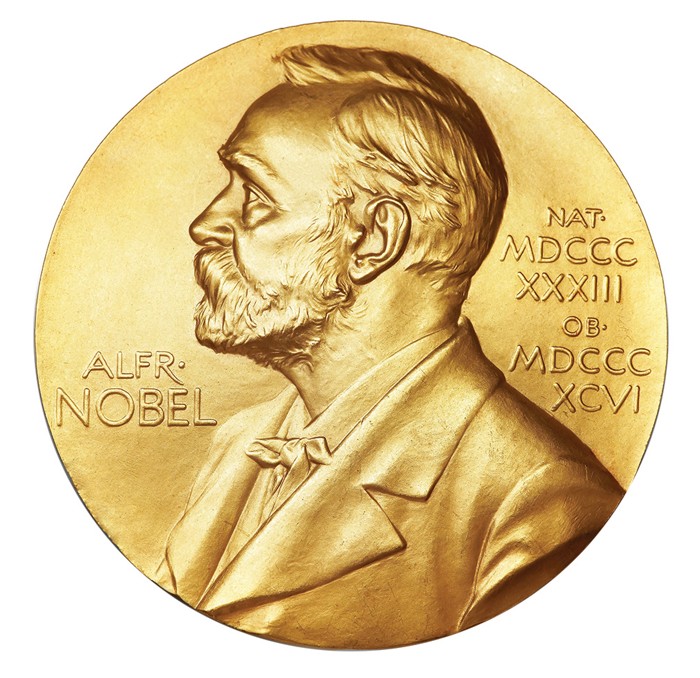Advertisement
Grab your lab coat. Let's get started
Welcome!
Welcome!
Create an account below to get 6 C&EN articles per month, receive newsletters and more - all free.
It seems this is your first time logging in online. Please enter the following information to continue.
As an ACS member you automatically get access to this site. All we need is few more details to create your reading experience.
Not you? Sign in with a different account.
Not you? Sign in with a different account.
ERROR 1
ERROR 1
ERROR 2
ERROR 2
ERROR 2
ERROR 2
ERROR 2
Password and Confirm password must match.
If you have an ACS member number, please enter it here so we can link this account to your membership. (optional)
ERROR 2
ACS values your privacy. By submitting your information, you are gaining access to C&EN and subscribing to our weekly newsletter. We use the information you provide to make your reading experience better, and we will never sell your data to third party members.
Nobel Prize
Who will win the 2016 Nobel Prize In Chemistry?
C&EN reporters and panelists predict the recipients of this year’s prestigious award during webcast
September 29, 2016
Next Wednesday, Oct. 5, the winner or winners of the 2016 Nobel Prize in Chemistry will be announced in Stockholm. In anticipation, molecular-minded scientists have begun feverishly tweeting and blogging their predictions online.
Not one to be left out, Chemical & Engineering News hosted a webinar Sept. 28 entitled “Who Will Win the #ChemNobel? Predicting the 2016 Nobel Laureate(s) in Chemistry.” C&EN Assistant Managing Editor Lauren K. Wolf and Associate Editor Matt Davenport were joined by three guests for an hour-long discussion about the Nobels past, present, and future.
The panelists included Stuart Cantrill, chief editor of Nature Chemistry; Carmen Drahl, former C&EN staffer and current freelancer for outlets such as Forbes.com; and Alexander Spokoyny, chemistry professor at UCLA and one of C&EN’s 2016 “Talented 12” rising stars in chemistry.
During the webcast, the panel discussed the nomination process and made their picks for this year, before taking questions from the audience. Viewers submitted queries via Twitter, using the hashtag #chemnobel, as well as through the webinar platform.
Based on the panelists’ predictions, viewers voted electronically for who they thought had the best shot to win this year’s prize. Earning 50% of the votes cast by the audience, the favorites were Akira Yoshino and John B. Goodenough as well as M. Stanley Whittingham, who developed the lithium-ion batteries prevalent in today’s electronic devices.
The predictions webinar is the latest in a series of C&EN’s digital pre-Nobel coverage. The magazine also released an interactive map showing where chemistry’s laureates are from and an immersive database detailing the nominees for the prize between 1901 and 1950.
To find out what other notable scientists could be in the running for this year’s prize and to hear the panelists’ thoughts on the geography of past Nobel winners, watch the archived broadcast, embedded above.





Join the conversation
Contact the reporter
Submit a Letter to the Editor for publication
Engage with us on Twitter